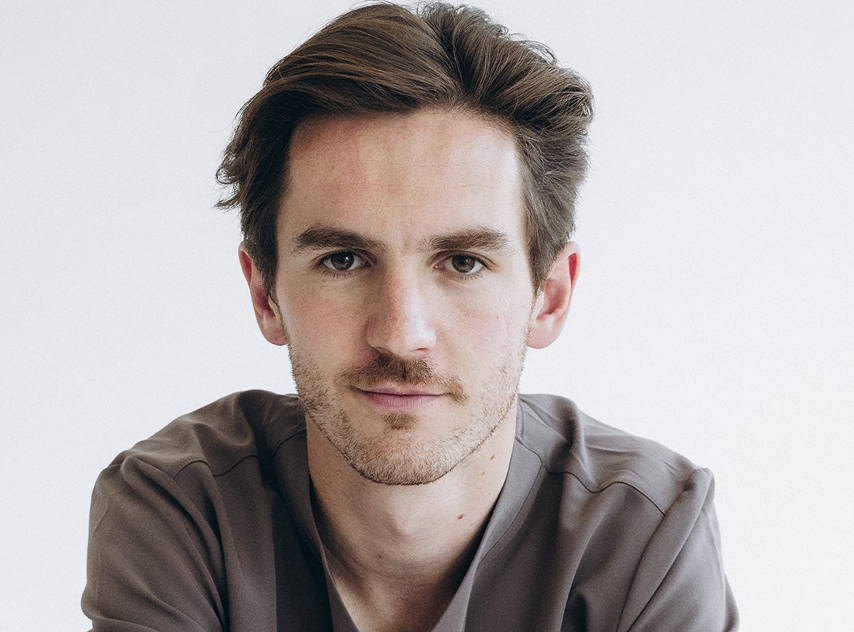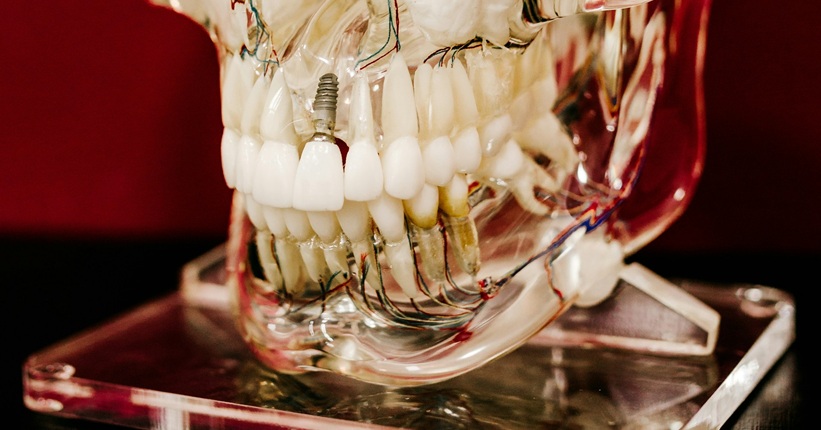
Diet after implantation of dental implants
Dental implants reproduce all the functional aspects of natural teeth, allowing you to comfortably bite even hard foods, chew gum or eat pulling candies. The absence of restrictions in the diet and the comfort of eating food is one of the most important advantages of implants compared to prostheses. However, right after the implant procedure and the installation of the crown, a special diet should be followed, which will promote healing and adaptation to the implants, so that after a few weeks you can use them without restrictions.
Wait for the anesthesia to subside
Immediately after the procedure, you should refrain from eating and drinking for at least 2 hours. Local anesthesia dulls the sensation, which can lead to unconscious damage to the wound or implant by biting too hard or accidentally biting the cheek.
Soft and summer diet in the first days
For the first 7 to 14 days after the procedure, it is advisable to follow a soft and liquid diet, which includes cream soups, smoothies, fruit mousses, yogurts, well-cooked vegetables, tender meats (eg chicken, turkey) and groats and pasta. Avoid hard, crunchy, sticky and spicy foods that can damage a fresh wound and irritate the gums. The temperature of the dishes should be lukewarm or cool, so as not to provoke additional irritation.
Hygiene and wound protection
Soft and mushy foods easily adhere to sutures and prosthetic restorations, which can promote the growth of bacteria. Therefore, after each meal, you should thoroughly clean the wound with a disinfectant liquid to prevent infections and promote healing.
Avoiding alcohol, cigarettes, and carbonated drinks
Alcohol and cigarettes irritate tissues and promote the multiplication of bacteria, which can increase healing time and increase the risk of complications. Carbonated drinks are also not recommended in the first days after the procedure.
Gradual return to normal diet
After removing the stitches and the swelling subsides, you can gradually return to your normal diet, however, it is still worth avoiding very hard foods that can damage the implant crown. Implants, although permanent, are not indestructible, especially their crowns, which can be mechanically damaged just like natural teeth.
Avoiding bad habits
You should pay attention to bad habits, such as biting your nails, biting pens or grinding your teeth, which can lead to damage to the implant. It is worth working on their elimination in order to extend the durability of the implant crown.
Supplementation to support healing
Vitamin C and ingredients with antioxidant and anti-inflammatory effects, such as vitamin E, beta-carotene and omega-3 fatty acids (EPA, DHA), can support the healing process of post-implantation wounds. So it is worth taking care of a diet rich in fruits, vegetables and healthy fats.
Summary of the most important recommendations
- Do not eat or drink for a minimum of 2 hours after the procedure until the anesthesia has subsided.
- For the first 1-2 weeks, use a soft, liquid diet with a summer temperature.
- Avoid hard, spicy, hot, cold, carbonated and alcoholic beverages.
- Take care of oral hygiene and disinfect the wound after each meal.
- Refrain from smoking cigarettes and intense physical exertion for about a week.
- Gradually return to normal diet, being careful with hard foods.
- Eliminate bad bite habits that can damage the implant.
Adhering to these recommendations, it is possible to ensure the correct course of healing and long-term functionality of dental implants.
Content author

Dr. Jan Kempa
Dr. Jan Kempa is a passionate dentist who always cares about a good relationship with patients. His positive attitude makes even the most timid patients feel safe. He specializes in implantology and dental surgery, using modern treatment techniques. He is enthusiastic about using his own tissues to rebuild bones before implantation and to cover gum recession. Dr. Kempa always finds the time to listen to the patient and offers individual solutions.

Start treatment already today!
Make an appointment and discover why our patients recommend us to their loved ones. We will take the utmost care of your smile.


